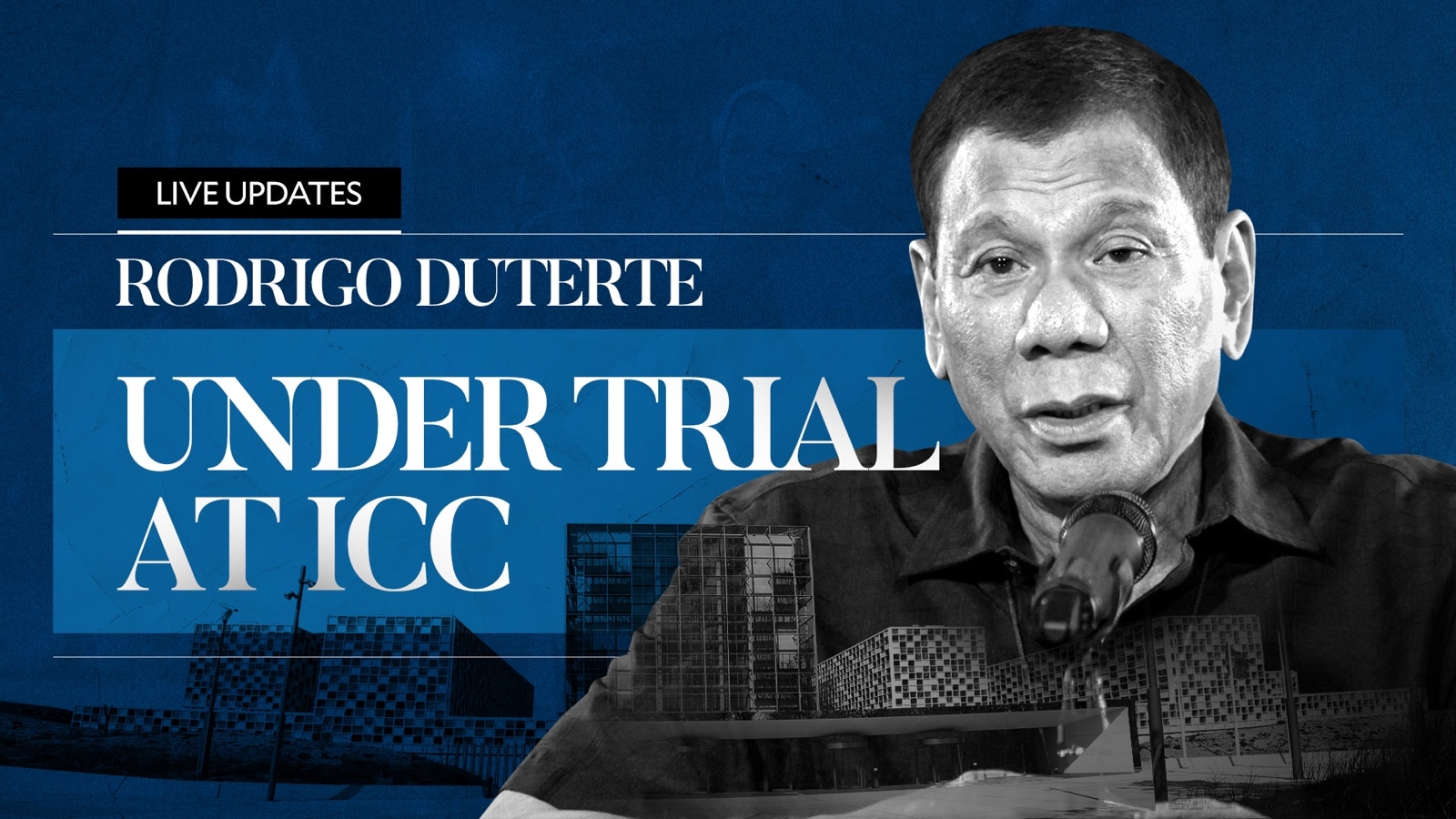Why the ICC’s Case Against Duterte Fails the Test for Pre-Trial Detention
By Atty. Arnedo S. Valera
The International Criminal Court (ICC) Prosecutor’s latest filing insists that former president Rodrigo Roa Duterte must remain behind bars while his case proceeds. A close reading of the law, however, shows the opposite: the Rome Statute, comparative international-law jurisprudence, and basic human-rights norms all weigh in favor of his conditional release.
1. The Legal Yardstick the ICC Must Apply
Article 60(2) of the Rome Statute is unequivocal: pre-trial detention is permissible only when strictly necessary to (a) secure the accused’s appearance, (b) prevent obstruction of the investigation, or (c) forestall the commission of grave crimes. The Appeals Chamber has repeatedly described those grounds as “exhaustive and exceptional.”¹
International human-rights law sets the same high bar. Article 9(3) of the International Covenant on Civil and Political Rights declares that “it shall not be the general rule that persons awaiting trial shall be detained.”² The European Court of Human Rights (ECtHR) requires “concrete and specific” justification; political influence, wealth, or notoriety are never enough (Letellier v. France, 1991; Mangouras v. Spain, 2010).³
2. The Prosecution’s Four Claims—And Why They Crumble
| Prosecution Allegation | Why the Claim Fails |
|---|---|
| Duterte “does not accept” the ICC’s legitimacy and once quipped that arresting officers would “have to kill [him].” | Contesting the Court’s jurisdiction—even in fiery language—is protected speech. In Bemba (2009) the ICC confirmed that political rhetoric alone does not equal flight-risk.4 Duterte nonetheless voluntarily submitted to arrest and first appearance, the strongest evidence of future compliance. |
| Family and counsel say he was “kidnapped.” | Third-party rhetoric is not imputable to the accused unless orchestrated by him (Ngudjolo Chui, 2008).5 The ECtHR likewise rejects detention based on public clamor (Letellier, §54). |
| Partner Honeylet Avanceña struck an officer with her phone. | One isolated scuffle—by someone not before the Court—cannot be shoe-horned into Article 58(1)(b). Far graver courthouse disruptions at the ICTY (Mrkšić, 1995) never barred provisional release. |
| The Duterte family’s political positions enable witness intimidation. | Speculation is not evidence. In Jean-Pierre Bemba (2015) the Appeals Chamber reversed detention where the prosecution relied on “abstract fears.”6 Rule 119 of the ICC Rules of Procedure and Evidence authorizes tighter, but less-restrictive, measures—e.g., travel bans, electronic monitoring, no-contact orders—that neutralize any legitimate concern. |
3. Case Precedents That Cut the Other Way
ICC: Prosecutor v. Abdallah Banda (2010) – Public denunciations of the Court did not bar conditional release.7
ICC: Prosecutor v. Ngudjolo Chui (2008) – The Chamber demanded tangible proof of witness-tampering; conjecture was insufficient.5
ICC: Prosecutor v. Laurent Gbagbo (2013) – Even alleged nationwide influence did not justify continued custody once tailored conditions could mitigate risk.
ICTY: Prosecutor v. Vojislav Šešelj (2011) – Court permitted provisional release despite incendiary speeches.
ECtHR: Patsouras v. Greece (2023) – Political stature and family wealth could not substitute for concrete risk analysis.8
4. Human-Rights Norms Demand Least-Restrictive Means
The UN Human Rights Committee’s General Comment No. 35 instructs that “alternative measures should always be considered before resorting to detention.”² The UN General Assembly’s 2018 resolution on pre-trial detention stresses identical principles. Anything less jeopardizes the presumption of innocence—a cornerstone of both Philippine and international law.
5. Practical Conditions That Would Suffice
Surrender of passports and issuance of a travel ban (ICC Bemba precedent).4
Electronic bracelet plus daily check-in with Philippine National Police liaison.
Strict no-contact order covering prosecution witnesses (ICC Ngudjolo precedent).5
Prohibition on public commentary regarding witnesses or proceedings (Gbagbo).
A substantial financial bond lodged with the Registry (ICTY Mrkšić precedent).
These measures are neither novel nor untested; the ICC and other tribunals employ them routinely.
6. Final Remarks
Detention at The Hague is supposed to be the exception, not the rule. By leaning on conjecture, rhetoric, and guilt-by-association, the Prosecutor disregards the very jurisprudence the Court has forged over two decades—and the broader human-rights framework that binds it.
Conditional release for former president Duterte would honor the Rome Statute, align the ICC with the ICCPR and ECHR, and reaffirm a fundamental truth: due process is most meaningful when applied even to the unpopular, the controversial, and the politically formidable. Anything less would erode the legitimacy the Court so zealously seeks to protect.
Notes & Authorities
Prosecutor v. Jean-Pierre Bemba Gombo, ICC-01/05-01/08-631-Red (Appeals Chamber, 19 Nov 2010) ¶54.
ICCPR Art. 9(3); UN HRC, General Comment No. 35, CCPR/C/GC/35 (2014) ¶38.
Letellier v. France, 207 ECHR (1991) ¶51; Mangouras v. Spain (GC), 50 ECHR (2010) ¶78.
Prosecutor v. Jean-Pierre Bemba, ICC-01/05-01/08-321 (PTC II, 14 Apr 2009) ¶37.
Prosecutor v. Mathieu Ngudjolo Chui, ICC-01/04-01/07-572 (27 Mar 2008) ¶25.
Prosecutor v. Jean-Pierre Bemba, ICC-01/05-01/08-631-Red (19 Nov 2010) ¶57.
Prosecutor v. Abdallah Banda Abakaer Nourain, ICC-02/05-03/09-60 (2 Dec 2010) ¶37.
Patsouras v. Greece, App. No. 20997/17 (ECtHR, 2023) ¶¶67-72.

Comments
Post a Comment